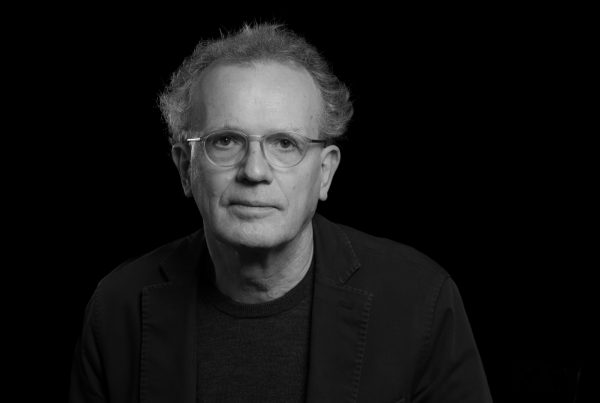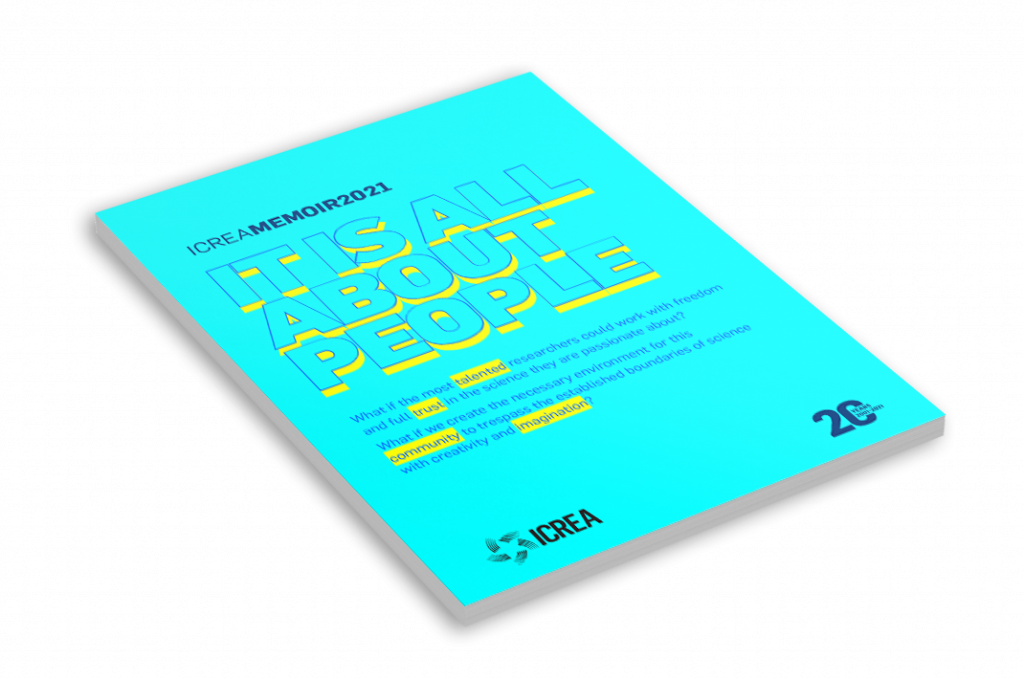Educated in economics, political science and sociology in Hamburg, London and Berlin, Peter Wagner joined ICREA in 2010. Before, he was Research Fellow at the Wissenschaftszentrum Berlin für Sozialforschung (1983-1995), Professor of Sociology at the U of Warwick (1996-2006) and the U of Trento (2006-2010) as well as Professor of Social and Political Theory at the European University Institute in Florence (1999-2006). Furthermore, he was project director at Ural Federal University, Ekaterinburg (2018-2020), and held visiting positions at the University of Hamburg (2019-20), Université de Paris 8 (2011); U catholique de Louvain-la-neuve (2009-10); U of Cape Town (2009-10); EHESS, Paris (1998; 2001); U of California at Berkeley (1996; 1997); Swedish Collegium for Advanced Study, Uppsala; Institute for Advanced Study, Princeton (1990-91), among others. He is a member of Academia Europaea and chair of the section "Social change and social thought" there.


